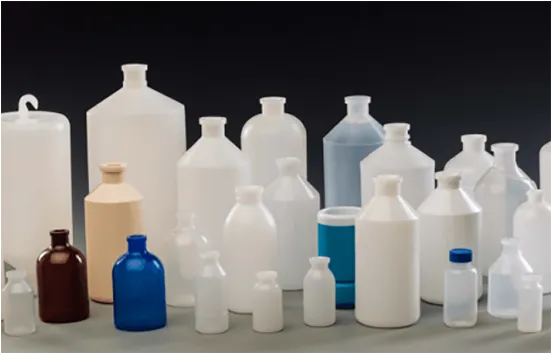mycology lab supplies
Mycology Lab Supplies Essential Tools for Fungal Research
In the fascinating world of mycology, the study of fungi plays a crucial role in understanding biodiversity, ecology, and even human health. To explore and conduct meaningful research in this field, the right laboratory supplies are essential. From basic equipment to specialized tools, mycology lab supplies are necessary for effective experimentation and observation. This article will delve into the essential supplies needed for a mycology laboratory, highlighting their significance in fostering a better understanding of fungi.
1. Media and Growth Substrates
One of the primary necessities in any mycology lab is the growth medium. Fungi require appropriate nutrient-rich substrates to grow effectively. Common media types include Potato Dextrose Agar (PDA), Sabouraud Dextrose Agar (SDA), and Malt Extract Agar (MEA). These media provide essential nutrients for fungi while allowing researchers to observe colony morphology, growth rates, and other physiological characteristics. Moreover, specialized media such as Czapek’s Agar can be used for specific fungal groups, offering valuable insights into their metabolic pathways.
Sterilization is a crucial step in mycology research to prevent contamination from unwanted microorganisms. Autoclaves and pressure cookers are typically employed for sterilizing media, equipment, and instruments. Additionally, laminar flow hoods or biosafety cabinets provide a sterile working environment for handling cultures and inoculations. Utilizing proper sterilization techniques ensures that the experiments yield reliable results, free from the influence of contaminants.
3. Inoculation Tools
To manipulate fungi during experimentation, various inoculation tools are required. Inoculating loops, needles, and scalpels are essential for transferring fungal spores and mycelium to and from culture media. Sterile petri dishes and slide culture kits are also vital for the examination of fungal growth and morphology. Using these tools with precision allows researchers to obtain accurate and replicable data, which is essential for validating scientific observations.
4. Microscopy Equipment
mycology lab supplies

Microscopic examination is pivotal in mycology for identifying and classifying fungal species. A good quality microscope equipped with various magnification options is indispensable for observing fungal structures, such as spores and hyphae. Additionally, fluorescence microscopes can be employed to visualize specific cellular components and biochemical processes within fungi. Coupled with imaging software, these tools enhance the capability of researchers to document and analyze their findings efficiently.
5. Cultivation Containers
Cultivation containers, such as flasks, tubes, and jars, are necessary for various stages of fungal growth. Erlenmeyer flasks are often used for liquid cultures, while glass jars are suitable for solid medium. The addition of gas-permeable seals can help manage CO2 levels in sealed environments, optimizing growth conditions for fungi. It’s important to choose the right container based on the type of fungus being studied and its growth requirements.
6. Environmental Control
Maintaining optimal growth conditions is crucial for successful fungal cultivation. This requires environmental control equipment like incubators, temperature regulators, and humidity monitors. Incubators provide stable temperature conditions, while humidity control can be achieved using hygrometers and water baths. Additionally, pH meters are important for adjusting the acidity of growth media, ensuring that fungi thrive.
7. Data Collection and Analysis Tools
Finally, proper data collection and analysis tools are vital for interpreting results accurately. Laboratory notebooks, sample tracking software, and statistical analysis programs assist researchers in documenting their findings systematically. The ability to analyze large datasets effectively allows for drawing meaningful conclusions and contributing to the broader field of mycology.
In conclusion, mycology lab supplies are integral to the advancement of fungal research. By equipping mycologists with the necessary tools—ranging from growth media to sterilization equipment and analytical tools—they can explore the complex and diverse world of fungi. As research continues to unravel the ecological and medical significance of fungi, the importance of having a well-stocked and adequately equipped mycology lab cannot be overstated.
-
Aesthetic Makeup Spray Bottles | Fine Mist Empty RefillableNewsAug.19,2025
-
White Plastic Veterinary Vaccine Vials | Lab Liquid BottlesNewsAug.18,2025
-
Plastic Medicine Liquid Bottle: Secure Flip Top Drug VialsNewsAug.17,2025
-
Durable 250ml Blue Plastic Vaccine Vial for Lab & Vet UseNewsAug.16,2025
-
Sterile Virus Sample Tubes: Secure & Reliable Specimen CollectionNewsAug.15,2025
-
White 250ml Plastic Vaccine Vial for Lab & Vet MedicineNewsAug.14,2025
























